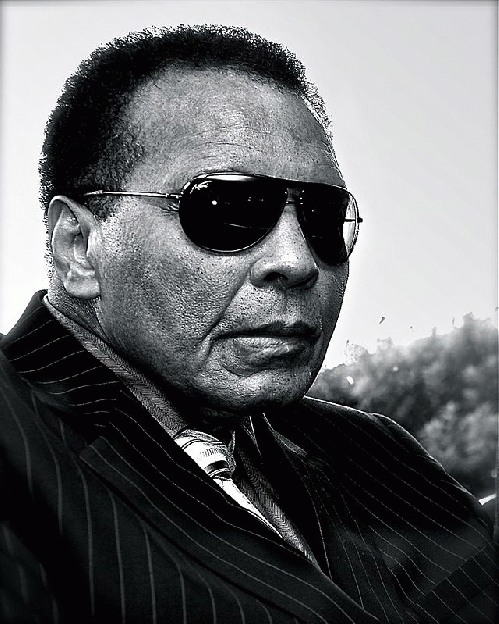When someone like an Edward Snowden or a Colin Kaepernick becomes a lightning rod by threatening American self love and its symbols, pay attention to your close associates and you might be surprised to find out who they really are and how they truly relate to the world. One's knee-jerk reaction in such a climate often exposes more than one intends, such that you never again see them in quite the same light.
To admit one is not a sports fan borders on the unpatriotic when one lives, as I do, a short drive from Lambeau field, home of the Green Bay Packers. The NFL is jingoistic territory, and Packer Land is no exception. Ostentatious patriotism is the norm in the world of pro-football where there is frequent reminder of how much we owe to our men and women in uniform who protect "our American values", etc., along with total insensibility to the fact that our 21st-century global war without end has been based on a carefully crafted web of lies (of course it's true: here, here, here). For big games there is often a full color guard with an immense American flag that literally covers the field, and maybe a flyover of fighter jets. The NFL is no place for peace activists.
This is the environment in which Colin Kaepernick, a man of principle and sturdy backbone, chose to make his statement. The whole scenario is reminiscent for those of my age of Muhammad Ali's 1967 refusal to be drafted into the military. The chauvinistic response then was immediate and pervasive as the historical record will show. He caught hell from all quarters of society, even from Jackie Robinson, who had broken the color barrier in major-league baseball. Prominent television host David Susskind told Ali publicly that he was a disgrace to his country and his race, and that he was a simplistic fool. Ali paid dearly for his activism and was robbed of three of the most crucial years for a fighter.
Both Ali and Kaepernick took their respective stances as matters of conscience. Ali said he would not "... drop bombs and bullets on brown people in Vietnam while so-called Negro people in Louisville are treated like dogs and denied simple human rights", while Kaepernick refuses now "... to stand up to show pride in a flag for a country that oppresses black people and people of color."
But Muhammad Ali had strong backing from the Nation of Islam, of which he had become a member, as well as that of the daunting Black Panthers and their orator Malcolm X. Kaepernick obviously had decided to go it alone without expectation of support from anyone or any group. While the NFL might acknowledge publicly the constitutional protection of protest, its militantly patriotic political climate is so taken for granted that sports commentator Boomer Eliason can feel free to criticize Kaepernick's use of the NFL for a political statement, while apparently blind to the NFL's bonding with the military as the politics of hyper-nationalism.
Things look so different with the passage of time that in 2001, 34 years after his refusal to be drafted, Ali received the Presidential Citizens Medal from President Clinton who praised Ali for "... standing up for racial equality. He has always fought for a just and more humane world, breaking down barriers here in America and around the world." And four years after that, in 2005, President Bush gave Ali the Presidential Medal of Freedom. How history treats Kaepernick remains to be seen, but now, still in the middle of the story, the world of the NFL remains angry. And given the form of patriotism too often on display in the NFL and its fans, one has to have some concern for his continued well being.





